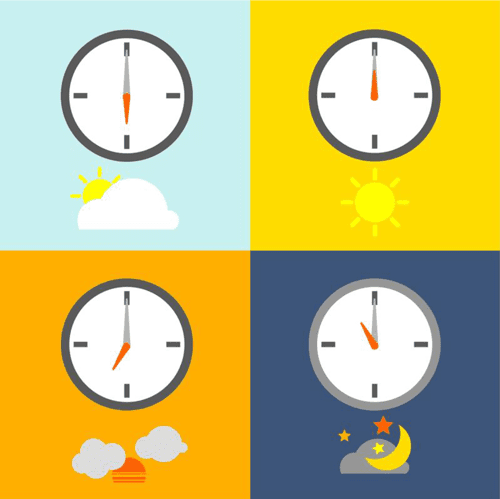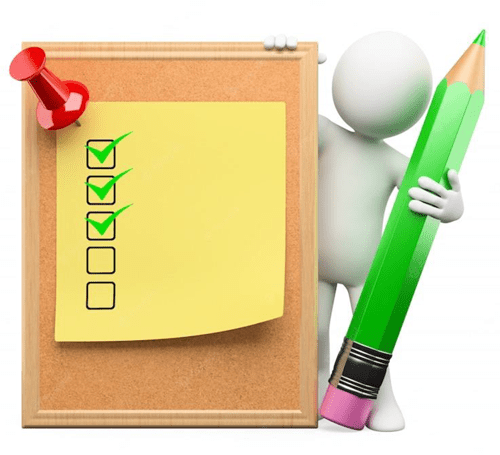- Need Any Help: +1 647-760-5505 or
- info@trubicars.ca
This is a question you should never have to ask yourself when you are behind the wheel, unfortunately, many drivers have. Here at Trubicars, we hope that you never have to ask yourself that question when you are behind the wheel.
Whether you are pulling early morning and late nights at the office, driving long distances, driving overnight, or experiencing anything else that is causing you to feel fatigued or having you struggle to stay awake, you should never get behind the wheel. Ontario studies have shown that collisions involving drowsy drivers tend to occur during late nights and early mornings.

Driving while fatigued can significantly diminish your ability to focus on the road.
Listed below are some indicators that your drowsiness is serious enough to be a risk:
While it may be hard to prove that a driver is sleep-deprived and thus be convicted of drowsy driving, if you are responsible for a collision while driving drowsy you may be fined for careless or dangerous driving.
Let Someone Else Who is Able to, Drive: If you have a passenger who has a valid license and is feeling alert, let them drive (even for short trips!)
Take a Rest: If you are driving long distances, there are many safe stops on highways that have resting areas. Take a brief walk, or even a brief nap in order to feel more alert.
Eat Well: While caffeine and sugar may give you a brief spout of energy, it’s important to note that these spouts of energy will not last long. Ensure that you have consumed a nutritious snack and are appropriately hydrated for more sustained energy (be sure not to snack or drink behind the wheel though!)
Remember: You cannot trick your body into staying awake; sleep is important and one of our basic needs as humans.

At Trubicars we emphasize to our students that driving is a big responsibility, and it is your duty as an operator of a motorized vehicle to ensure that you remain safe and responsible behind the wheel, not just for your sake, but for the sake of others. If you are looking for more information on the Dangers of Drowsy Driving, check out the Trubicars website!

 February 13, 2024 by
February 13, 2024 by Reema Sharma
Reema Sharma
 January 17, 2024 by
January 17, 2024 by Trubicars
Trubicars
 January 17, 2024 by
January 17, 2024 by Trubicars
Trubicars
Once you acquire the knowledge provided in
those tests, you are ready to pass the test,
for the first time.
